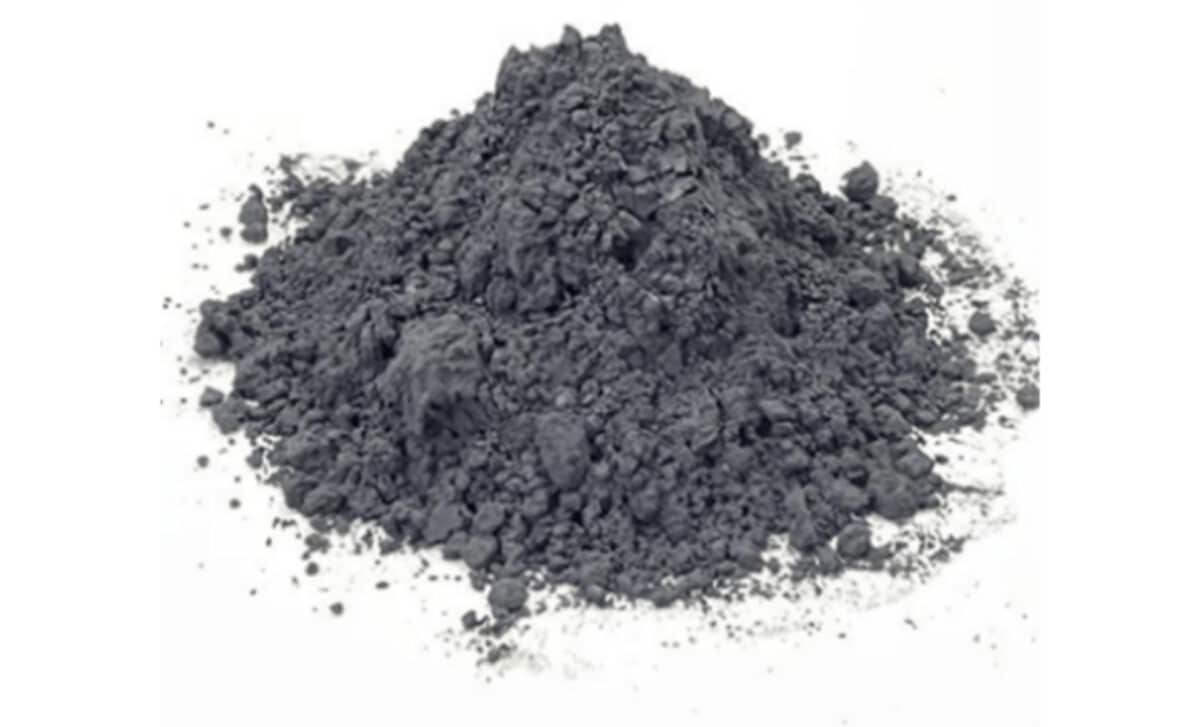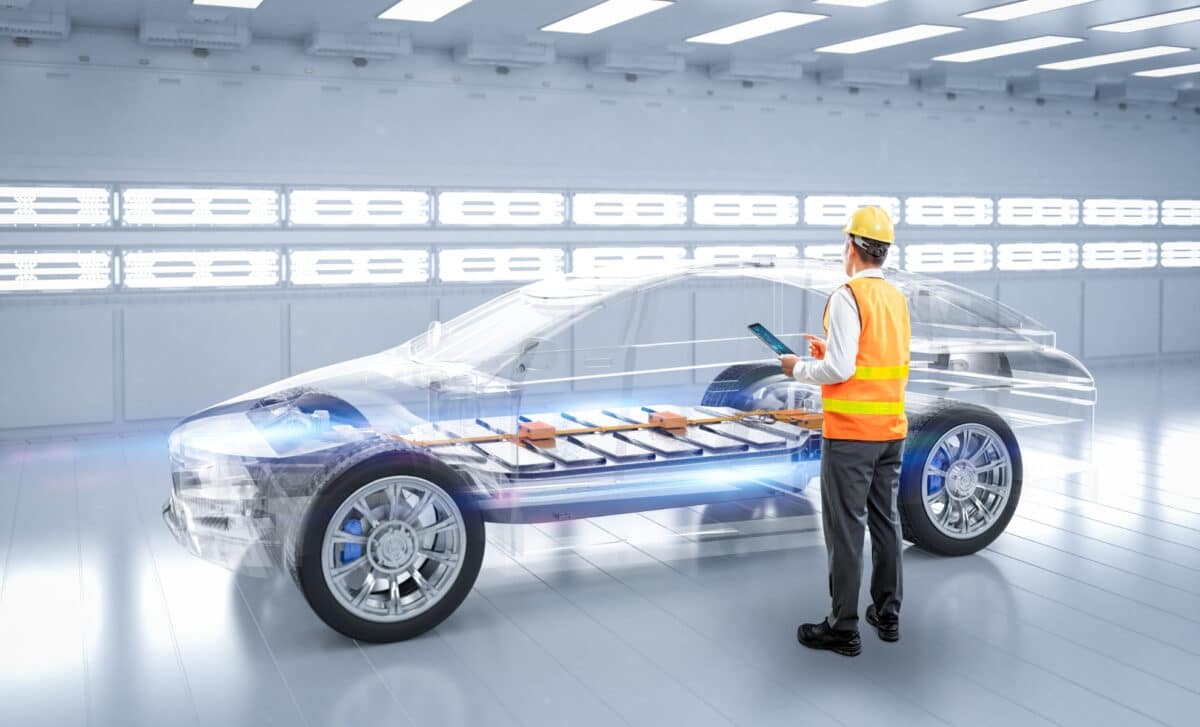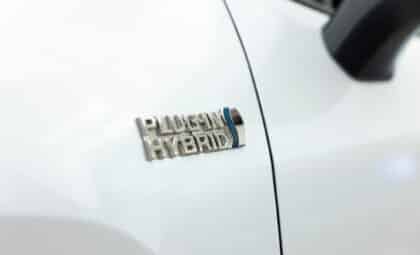This development follows a strategic collaboration between Toyota and Sumitomo Metal Mining Co., Ltd., a partnership focused on securing critical battery materials and scaling up production. If realized on schedule, this would mark a pivotal moment for Toyota, historically cautious about diving fully into the electric vehicle market.
While rivals like Tesla and BYD have dominated the lithium-ion battery space, Toyota has been investing quietly but steadily in solid-state battery technology for over a decade. Until recently, the automaker had prioritized hybrid systems and hydrogen fuel cells. But with increasing global pressure to accelerate EV adoption and a growing demand for safer, more efficient batteries, Toyota’s shift signals a clear change in strategy.
A Delayed but Deliberate EV Strategy
Toyota has long been skeptical of full battery-electric vehicles as the definitive future of mobility. According to Supercar Blondie, the company was hesitant to commit fully to EVs, instead backing hydrogen fuel-cell technologies, exemplified by the Toyota Mirai. But its ongoing research into solid-state chemistry shows that this wasn’t a lack of vision—rather, it was a matter of timing and precision.
Unlike conventional lithium-ion batteries, solid-state versions use a solid electrolyte instead of a liquid one. This change significantly reduces risks such as thermal runaway, which can lead to battery fires—a persistent concern in today’s EVs. The new approach also enables more compact battery packs, contributing to lighter vehicle weight and higher energy density.
As reported by SlashGear, Toyota has been testing this technology internally, with prototypes reportedly showing superior performance metrics in controlled environments. While these batteries have been in the lab for years, only now are they approaching the reliability and scalability required for mass-market deployment.
Partnership with Sumitomo Moves Production Forward
The recent announcement of Toyota’s partnership with Sumitomo Metal Mining Co., Ltd. marks a decisive step toward large-scale manufacturing. Sumitomo will be tasked with supplying the raw materials critical to producing these next-gen batteries, which Toyota aims to integrate into commercial EVs within the next few years.
This partnership isn’t new in spirit—both companies have worked together since 2021, but the new agreement signals a shift from research to industrial readiness. The collaboration also ties into Japan’s wider effort to build a solid-state battery supply chain, which already involves an estimated $7 billion in investment from various stakeholders.
This supply chain will play a vital role in delivering Toyota’s vision at scale. The automaker is aiming to differentiate itself not just through performance but also supply security—a strategic move as the global race for battery materials intensifies. It also reflects Japan’s ambition to reclaim leadership in advanced battery technologies, an area where China and South Korea have pulled ahead in recent years.

What the Tech Could Mean for Drivers
From the user’s perspective, solid-state batteries promise real-world advantages. These batteries should offer longer driving ranges, significantly reduced charging times, and longer overall lifespan compared to current EV battery packs. For context, Toyota aims for these new vehicles to outperform even the top-tier lithium-ion systems found in today’s Tesla models.
A major selling point is safety. By eliminating the flammable liquid electrolyte, solid-state batteries reduce the chance of internal short circuits and subsequent fires—a feature that’s likely to attract safety-conscious consumers. They also allow for more efficient packaging, potentially improving the interior space and weight distribution of vehicles.
Though Toyota hasn’t revealed specifics about the vehicle model that will carry the new battery first, the technology is expected to trickle down into multiple platforms once it proves itself. The company is aiming to build a lineup that balances performance, durability, and cost efficiency—without sacrificing safety.
Toyota’s 2027–2028 roadmap isn’t a promise of immediate disruption, but it does place the brand firmly on the EV innovation map.









